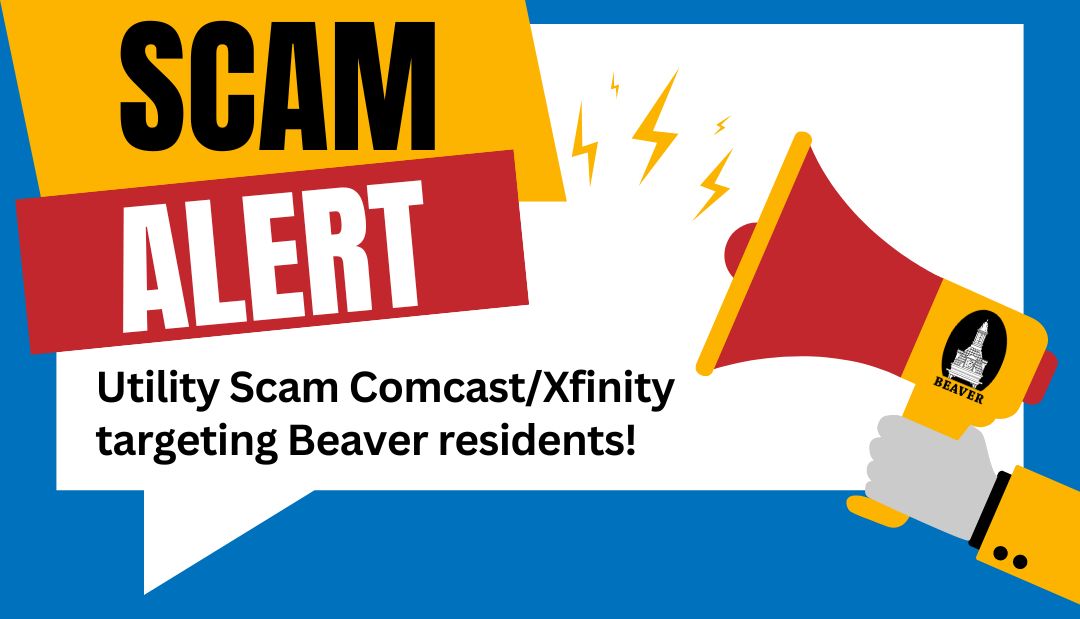
RESIDENT ALERT
Beware of Social Engineering Scams
What is social engineering? The psychological manipulation of people to get money and Personal Identifiable Information (PII) for ensuing crimes. The scammer uses effective social skills to trick you into voluntarily offering what they want. They prey on everyone and try to catch you in a vulnerable state.
Social engineering scams involve cunning tactics employed by fraudsters to manipulate individuals into divulging sensitive information or performing actions that benefit the scammer. These scams exploit human psychology, trust, and emotions to deceive victims. When it comes to utilities, scammers have devised several schemes to trick unsuspecting people. Take a look at some of the more recent scams we are seeing.
Recent Scam Impersonating Utility Companies:
Scenario: You receive a call or an email message from someone claiming to represent your gas, water, or electric company. In many cases the email will look just like your utility company email. (Please call your utility company directly to verify the legitimacy of the email / call the number on a utility bill not the number listed in the email.
There has been as increase in Comcast related emails and phone calls that instruct the resident homeowner that their router has been compromised with illegal activity. Also, there is a threat to disconnect service in many cases.
Remember social engineering involves the spoofing of emails and phone numbers to make them look legitimate. For example, your phone rings and the number will appear as Comcast, or the email will appear to be a legitimate Comcast email. Verify this by calling the number on a bill that you must verify.
Reality: This is a scam. Legitimate utility companies do not work in this manner and will never ask you to pay a fee using gift cards or bit coin transactions, which is a common practice.
How It Works:
Phase 1: The scammer gets your trust by telling you that you have an issue with your router for example possibly child pornography on your computer and that your bank accounts are compromised. This story can get people worried and plays into the fraudster’s hands.
Phase 2: The scammer introduces a seemingly unrelated third party (another person or group) who appears trustworthy, in many cases they follow-up with calls spoofed to represent the Federal Reserve or Federal Trade Commission from a Washington DC area codes. This handoff builds your trust, even if you were initially suspicious. It’s all part of the scam!
Behind the Scenes: Despite the appearance of multiple entities, everything is orchestrated by a single person or team and these individuals or usually oversees generating the spoofing calls.
The Beaver Police Department wants to remind residents to stay vigilant and verify any unexpected calls or emails you receive. Do not give out any personal information (PII). If the person on the phone tells you not to tell anyone, please make sure you call the police. Scammers thrive on exploiting your trust, so always double-check before providing any information or complying with their requests or demands.
Social engineering scams have been around but have morphed into something a lot more with AI technology and spoofing of numbers. Social engineering scams are targeting residents in Western Pennsylvania. Unfortunately, there are a lot of recent victims giving away a lot of their money and personal information.
Report these scams immediately to the Beaver Police Department.
